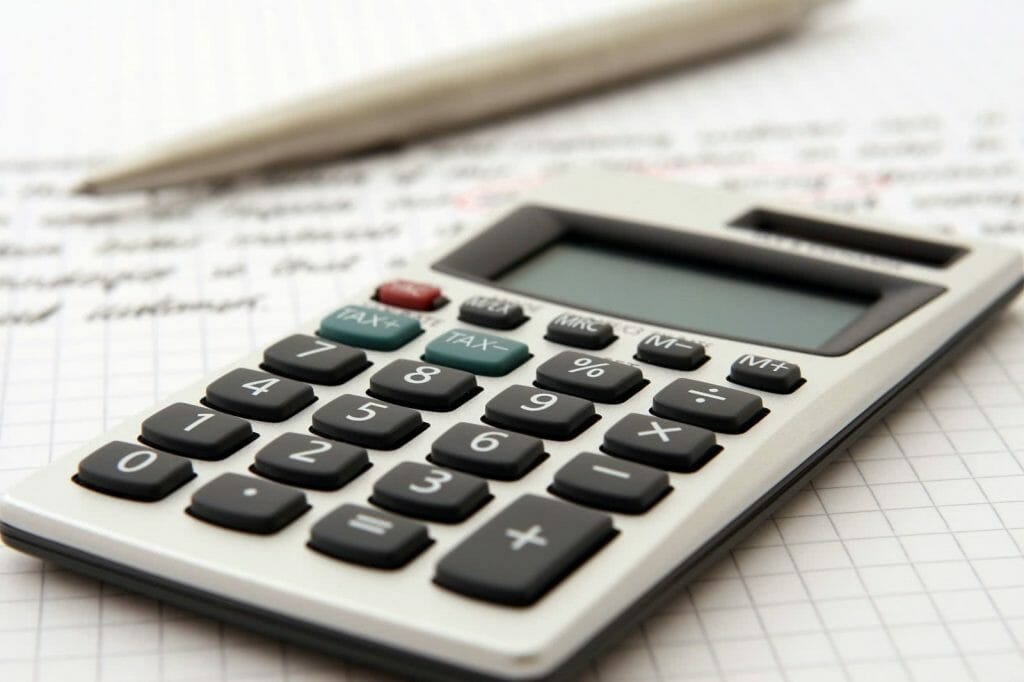As an investor, take advantage of the deductions and government tax benefits available to property owners this financial year using these helpful tax tips.
Contents
Homeowners, Tax Benefits, and Investment Properties
Before you begin reconciling receipts, you should understand what taxes are applicable to you as a property owner.
Property taxes for a primary residence
Your primary residence is the property at which you live, for example, an owner-occupier homeowner. Here is what you need to know about tax and your property:
- Depending on your circumstances and available exemptions, you may be charged stamp duty when buying your home. Always ask about potential fees, taxes, or levy charges that may be applicable to your property.
- If you have renovated your home with the intention to sell it for a profit, ensure you investigate any potential tax or GST implications that may apply.
- Purchasing a second or third property – i.e. a property that will not be your primary residence, such as a holiday home or investment property – you will be liable for capital gains tax. Capital gains tax (CGT) is the tax you pay on profits from the sale of your property. However, you can also claim certain expenses on your tax returns for investment properties.
EOFY Tips
Preparing for tax time is a huge task, but you can make it easier by knowing what documents and assistance you need before you begin your return. The following tax tips and recommendations will help get you started.
Tip #1 Use an accountant experienced in property tax
The first and most important step in maximising your tax return as a property investor is to enlist the services of an accountant who is experienced in property tax. This way you will be working with someone who knows the ins and outs of property tax, the deductions you can claim as an investor, and the right questions to ask you to maximise those tax benefits.
For example, as a property investor, you will need to ensure you declare all your income from your rental/s. According to the ATO, income in this instance includes “short-term rental arrangements, insurance payouts and rental bond money you retain”, and all income and deductions will need to be entered manually. This is where it is beneficial to work with an accountant familiar with the process and the documentation that is typically required to support these types of claims.
Tip #2 Utilise a depreciation schedule
With every tax return, there are claims and deductions you may be entitled to as a property investor, but it’s important to also consider what you are entitled to through depreciation. Research from MCG Quantity Surveyors indicates that many property investors are failing to maximise the deductions they can claim in this area.
Some items you may not have thought to claim depreciation on include:
- Floating timber flooring
- Carpets
- Curtains
- Appliances like a washing machine or fridge
- Furniture
Just as your car or business equipment depreciates over time, so will your investment property. To measure the rate of depreciation, homeowners utilise a depreciation schedule.
A depreciation schedule should be done when the decision to rent out the investment property is made and revised when the property is renovated or updated. This is important as the depreciation schedule lists the following information:
- Depreciable assets are categorised under Capital Works and Plant and Equipment. Capital Works is the investment property itself and any assets that are permanently fixed to the property (garage or carport, cupboards, garden shed, ceiling fans, solar power generators, etc.). Plant and Equipment assets include anything that can be easily removed from the property (curtains, blinds, air-conditioning units, garden watering systems, etc.).
- How much tax you can claim each year and on what assets you can claim tax deductions.
To get a depreciation schedule or to update an existing one, you will need to engage the services of a professional quantity surveyor, such as MCG as they are qualified to estimate construction costs for depreciation purposes. The role of a quantity surveyor is to find all the relevant details of your property (this could be through councils or different organisations) and inspect the property to identify all the assets you can claim. The benefit of this is to determine the date the property was built and what are reasonable asset expectations, for example:
- If your property was built after 18 July 1985, you can claim capital works deductions for 40 years after the build.
- If your property is older than 18 July 1985 but has had renovations done after this date, you may be able to claim capital works deductions.
- And if you purchased a property before 9 May 2017, you can claim plant and equipment deductions on all assets (if you purchased the property after this date you can only claim on assets you have installed).
Using this information, they’ll prepare your schedule with all the details you need to claim your tax deductions (the cost of which is also tax-deductible).
Tip #3 Know what you can claim
The ATO has clear guidelines regarding deductions that can and cannot be claimed for property owners. Expenses you plan to claim for your rental property will have to be sorted into claims from the same financial year and expenses that can be claimed over a number of years.
Rental expenses – same financial year:
- Council and land rates
- Land tax deductions (only on new build-to-rent housing projects)
- Strata or body corporate fees
- Utility bills, such as water, electricity, or internet expenses (if applicable)
- Maintenance and repair costs
- Advertising fees to rent your property
- Property management fees
- Landlord insurance
- Mortgage discharge expenses (costs incurred when refinancing a loan)
- Other legal expenses (where applicable)
Rental expenses - multiple financial years:
- Borrowing Expenses – costs related to taking out a loan used to purchase your investment property. This could include costs such as stamp duty, the loan establishment fees, lender’s mortgage insurance if applicable, and more.
- Capital Expenditure – expenses for improvements to the property that will generate more income and depreciating assets. Depreciating assets could include a variety of items, including installed white goods, air conditioning, blinds or curtains, carpets, or even furniture for your investment property.
- Capital Works – costs for improvements or updates to the building itself. Most common forms of capital works include extensions or physical alterations to the home or even structural improvements.
Conditions can apply for claiming the above expenses as tax deductions, which is why it’s important to complete the first two steps – seek professional advice from an experienced accountant and arrange a depreciation schedule.
Key Takeaways
- Employing an experienced property tax accountant maximizes your tax return benefits.
- A depreciation schedule is vital for claiming deductions on depreciating assets.
- Understanding what you can claim, including immediate expenses and long-term depreciation, enhances tax benefits.
- Completing maintenance tasks can also offer tax deductions.
- Consulting with a quantity surveyor and your accountant ensures accurate claims and maximizes deductions.
Tip #4 Complete maintenance
You may not know this already, but some maintenance tasks you complete on your investment property can be tax deductible. These could include:
- Inspecting smoke alarms or other appliances
- Electrical inspection
- Plumbing inspection
- Pest inspection
- Roof inspection or other structural inspections of the property
- Carpet/floors repairs or replacements
- Window and blinds servicing
- Re-paint interior and/or exterior
- Garden and/or lawn maintenance
- Repair or service of appliances – new filters in air conditioner, maintenance of dishwasher, etc
Chat with your accountant to get more end-of-financial year tax tips and discuss a depreciation schedule for your property. They may recommend enlisting a quantity surveyor like MCG who can ensure you’re categorising your assets correctly and claiming all you can.
Our Investment Services team can also offer independent, specialist advice and support in all the areas of renovation, tax depreciation schedules, insurance, and much more. Get in touch with the Investment Services team today.




